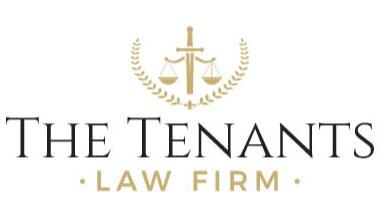Wrongful Eviction Under California Law
What constitutes a wrongful eviction under California Law?
Under California state law, it is considered to be a wrongful eviction, when a tenant, living in a rent-controlled apartment, is evicted for grounds not approved by the Los Angeles Rent Stabilization Ordinance (RSO), or in a manner not approved by the Ordinance. The following grounds and procedures are considered “not approved” under RSO.
1. Fraudulent owner occupancy: A landlord or their relative fails to timely move in after an owner-move-in eviction of a tenant.
2. Insufficient statutory notice: A landlord does not give the tenant the required three days to fix a lease violation before filing an eviction lawsuit.
3. Retaliatory eviction: The landlord refuses to renew a lease, or evicts a tenant due to a complaint or action that was within the renter’s legal rights.
4. Other wrongful conduct of the landlord: The list is extensive, but some examples include locking a tenant out, removing any of the tenant’s property without the legal right to do so, or purposefully shutting off utilities.
Remedies available to tenants that have been wrongfully evicted.
If you believe your landlord has committed unlawful actions to evict you, you can file a lawsuit against them and receive compensation for certain damages you have suffered.
1. Statutory Damages: If proven that the landlord acted maliciously, the tenant can be awarded compensation from a judge. Depending on the gravity of the particular eviction case, damages could be calculated per day or per violation.
2. Actual Damages: These include profits that the landlord made, or losses that the tenant suffered as a result of the wrongful eviction. For example if a tenant is displaced, they could be forced to pay increased rental rates. Other forms of pain and inconvenience are included as well.
3. Other Expenses: Any court costs and reasonable attorney’s fees that the tenant has to spend to complete the lawsuit.
We are here to help.
If you are experiencing issues regarding this matter or are unsure of your rights as a tenant, please do not hesitate to reach out to the Tenants Law Firm. Our attorneys are here to assist you. Contact us by filling out our online intake form here and we will get back to you to schedule a free consultation.
